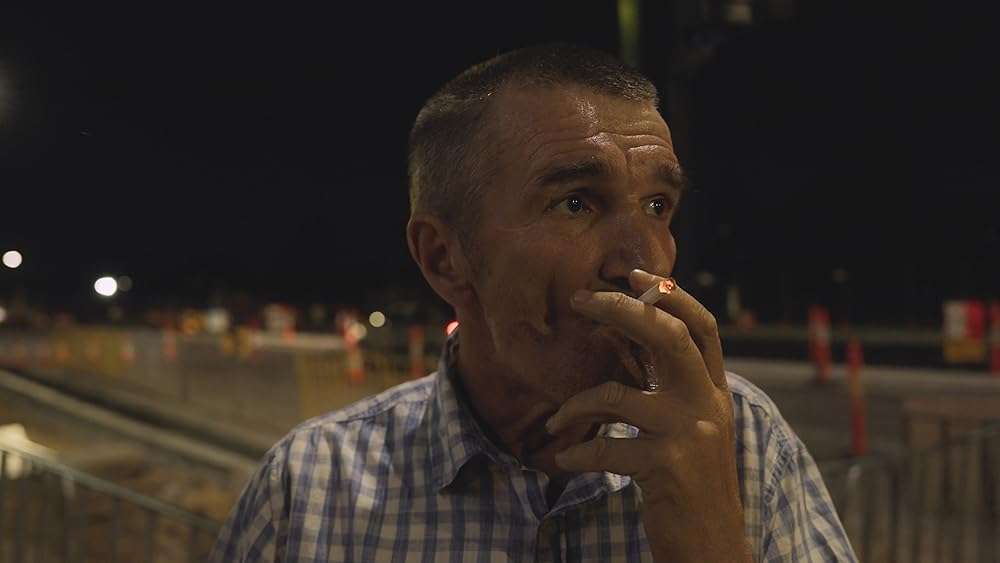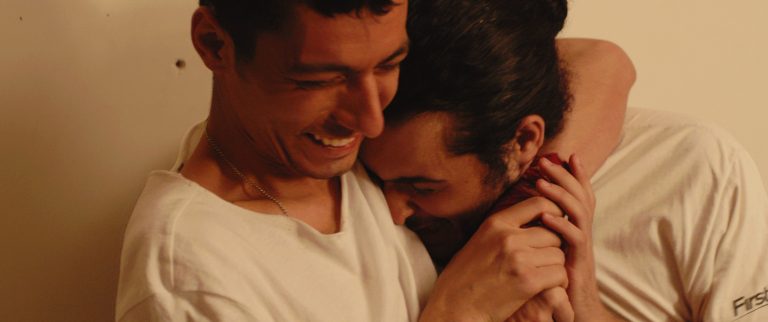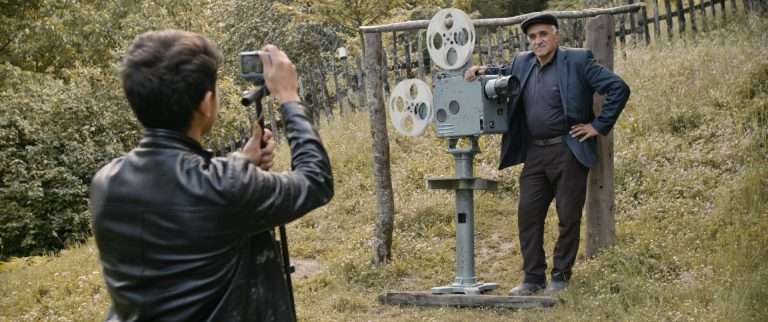Although this is not always the case with fictional features, it is generally a good practice to know something about the subjects or timeline of events before watching a documentary. Primarily because only then would you expect something bigger, such as the slice of insight, for the filmmakers to provide. This has rendered the nonfiction talking-heads format dull, which is now mostly relegated to YouTube videos. However, Albanian filmmaker Ardit Sadiku’s intimate but formally ambitious Alexander cannot work without the excess of dialogue, a privilege that it has perhaps earned through the years of its protagonist’s lifetime.
In hindsight, the film basically recounts the perspective of an erstwhile ship mechanic. This is no ordinary story but one that delves into a remarkable and open conversation about his courage and resilience. Alexander Gruda, now a middle-aged man with a grown son and a paralyzed wife, was fired by the navy on account of dissidence, which, according to him and his friends, was a rightful protest against an oppressive official policy that was undertaken during Albania’s troubled transition to democracy after the fall of the previous communist regime in 1985.
In response, Gruda chose to rebel, hijacking a warship in 1990 before his detouring from the nation. Although the system branded his act as a terrorizing crime, it was a way for Gruda to strive for his and his family’s freedom.
However, in the process of telling the story of an unsung hero who must now be brought to the spotlight, Sadiku zooms out towards something much more lived-in and perhaps much more important. Alexander is the story of its titular hero, but it is much more about his role as a father who has been grieving for his daughter ever since, with a lot of guilt and pain.
Unfortunately, Anisa, his only child, a little girl, was the only life taken during the hijack. The film finds him and the other members of that deceased girl’s family and neighborhood reflecting on that loss and its gravity. What is also refreshing is that a spectacle is never carved out of her passing. Beyond a warm memorial and a fitting remembrance, fingers aren’t being pointed at.

In fact, it is as if the structure of the film itself was designed to complement the passage of time, which is beautiful enough to fix a few things but never enough to heal some injuries. The ocean is expansive, and it may be breathtaking to look at from above or get close, but what it can’t do is wash away some miseries that remain beyond nursing. It is too heavy a feeling on paper to be labeled on a bullet point as a theme. And so, the makers treat it with seamless sensitivity and respect.
The cinematography is extremely fulfilling and immersive, taking us through the verbal descriptions of conflict with a muscular commitment that makers of mainstream war movies would envy. The background score is organic and rich, minimal in its conveyance of hope and healing but also distant enough for us to get invested in the details.
However, in telling the central story, Alexander, the documentary, feels out of focus. Don’t get me wrong, the film mostly talks to the right people, with important perspectives of his friends, well-wishers, and wife taken in the right measure. We get a glimpse into the current lives of his ex-colleagues and friends, and it never deviates from or cuts through their opinions on how Gruda did what he did. However, its focus on the interactions of Alexander, his fairly alive near re-enactment of what he did decades ago, and his own political thoughts feels a bit calculated and theatrical.
While it might have been intentional to tell a story that was under the radar for many years, it did not sit well with me, mostly because it felt like desperate hero worship. The editing is similarly choppy. Moreover, it feels like Alexander, the person, and the film are trying to repeatedly emphasize the same point to the audience. Obviously, getting a young perspective on this ‘old’ story would have been admirable because it feels weary otherwise. However, to underline a story, the details of which are lesser-known even in the country in which it transpired, Alexander still feels like a simple, sobering attempt. That it mostly draws its inspiration from its emotional edge further makes it work.





![Svaha: The Sixth Finger Netflix [2019] Review – A muddled Horror film criticising Religious Groups](https://79468c92.delivery.rocketcdn.me/wp-content/uploads/2019/05/Svaha-The-Sixth-Finger-2019-768x432.jpg)

